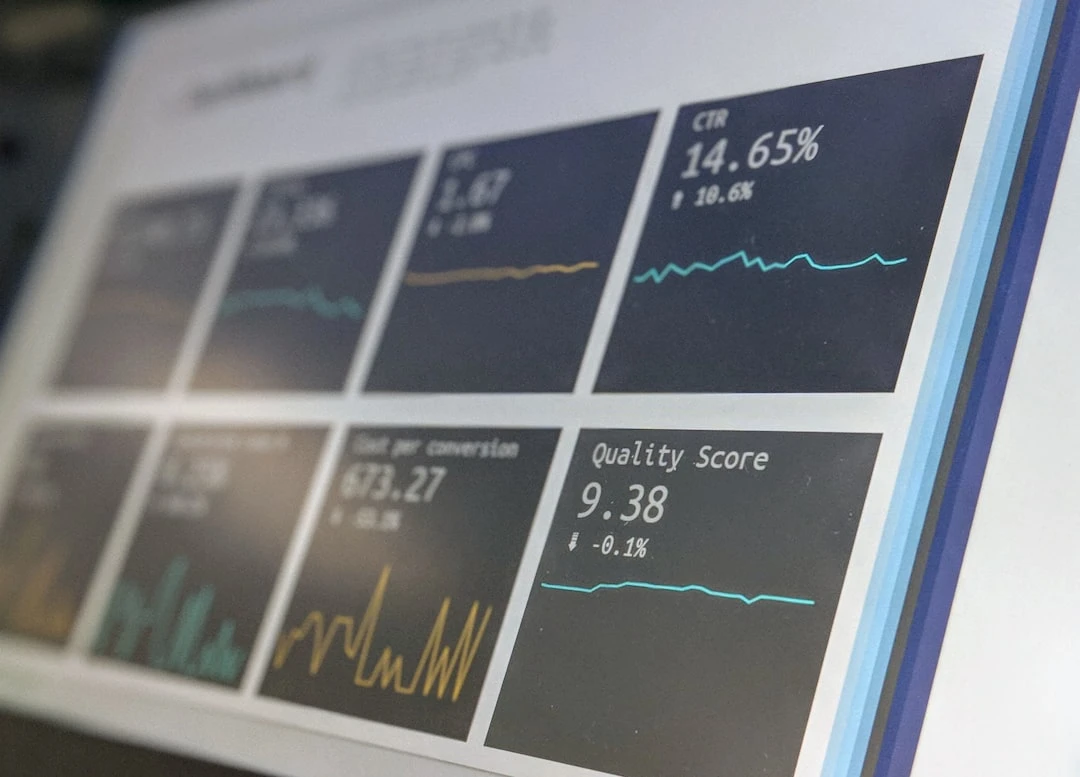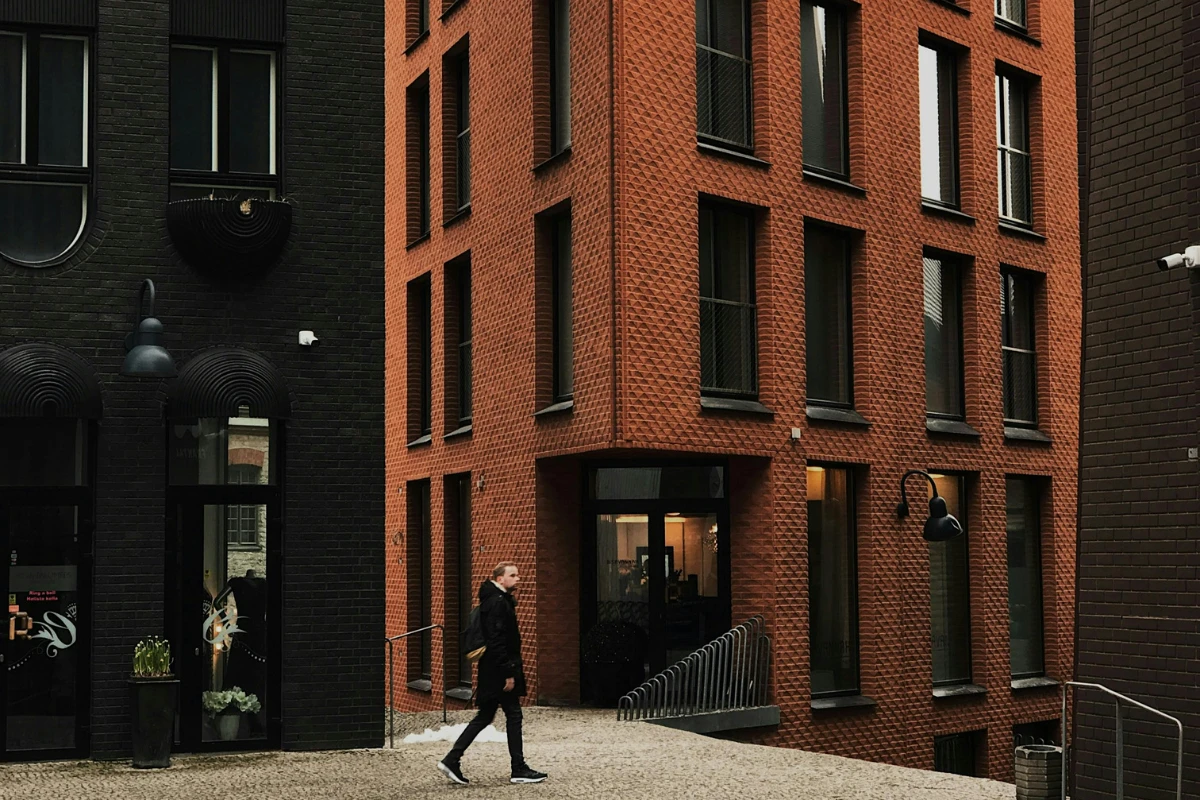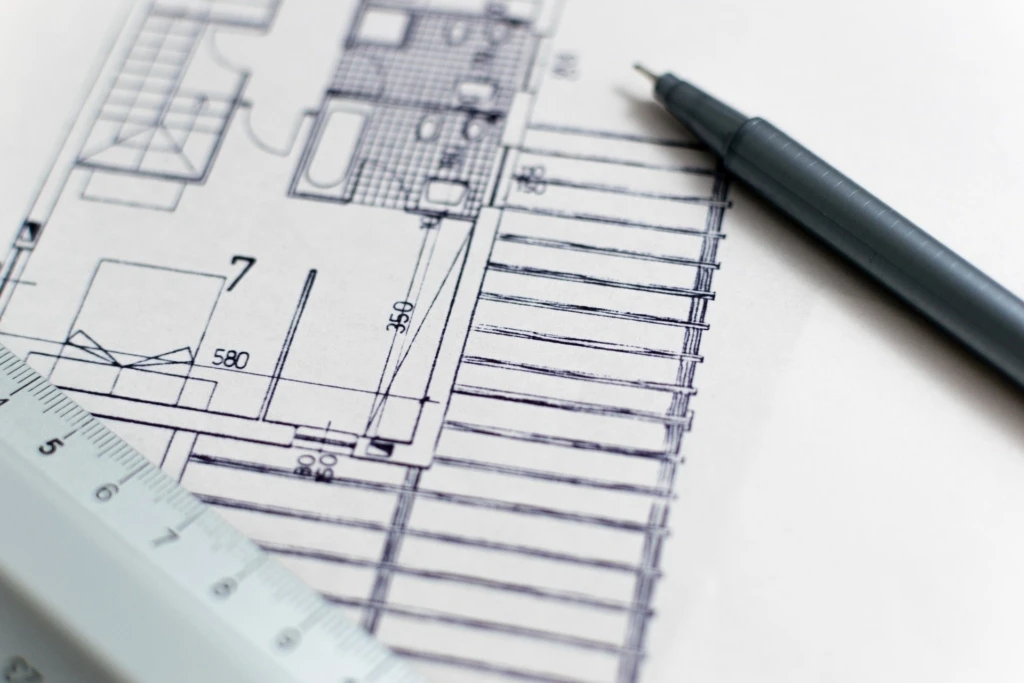What Will Happen on the Real Estate Market After the VAT Increase?

Urmas Uibomäe, the acting director of the Kinnisvara24 portal, explains what impact the VAT increase coming into effect from July and the changes to the VAT legislation for new buildings that have been in effect since the beginning of the year will have on new development prices and market activity.
"In recent months, the purchase of new apartments has grown significantly compared to last year, as the VAT rate will increase from 22 percent to 24 percent from July 1st, and additionally, the decline in Euribor has also motivated people to acquire a new home," Uibomäe noted.
The VAT increase makes acquiring new real estate more expensive, adding an additional cost to the average new development that is comparable to approximately one year's interest payments.
"The approaching VAT increase has increased interest in new real estate, and this is also supported by various developers' campaigns. Additionally, the continued decline in Euribor makes the VAT increase more bearable for new real estate buyers, and currently, buyers in the new development market also have the opportunity to negotiate the price," Uibomäe assessed.
However, the current tax increase will have a significant impact on the final price of future new developments. Since construction costs are increasing, developers will be forced to raise the prices of new apartments and houses in the future.
VAT is only levied on the sale of a new apartment, house, or commercial space. VAT is not added to real estate sold on the secondary market.
However, the definition of "new" real estate has changed starting this year. According to the previously applicable VAT law, a building lost its "new" status immediately after its first use. This meant that upon further sale, VAT did not need to be added. With the changes to the VAT law that came into effect on January 1st of this year, a building is considered "new" throughout its first year of use. If the building is sold within that first year, VAT must be added to the selling price. This change brings Estonian law more in line with the EU VAT Directive, which allows member states to define a new building as up to two years old. Estonia chose one year as the limit.
For example, if a VAT-liable person purchased a new apartment ownership in November 2024 and put it into use immediately for tax-exempt purposes (rented it out as a residential space for a long term), then after the lease ended in August 2025, when selling the apartment ownership, VAT must be added to the selling price, since the sale took place within one year from the initial use.




